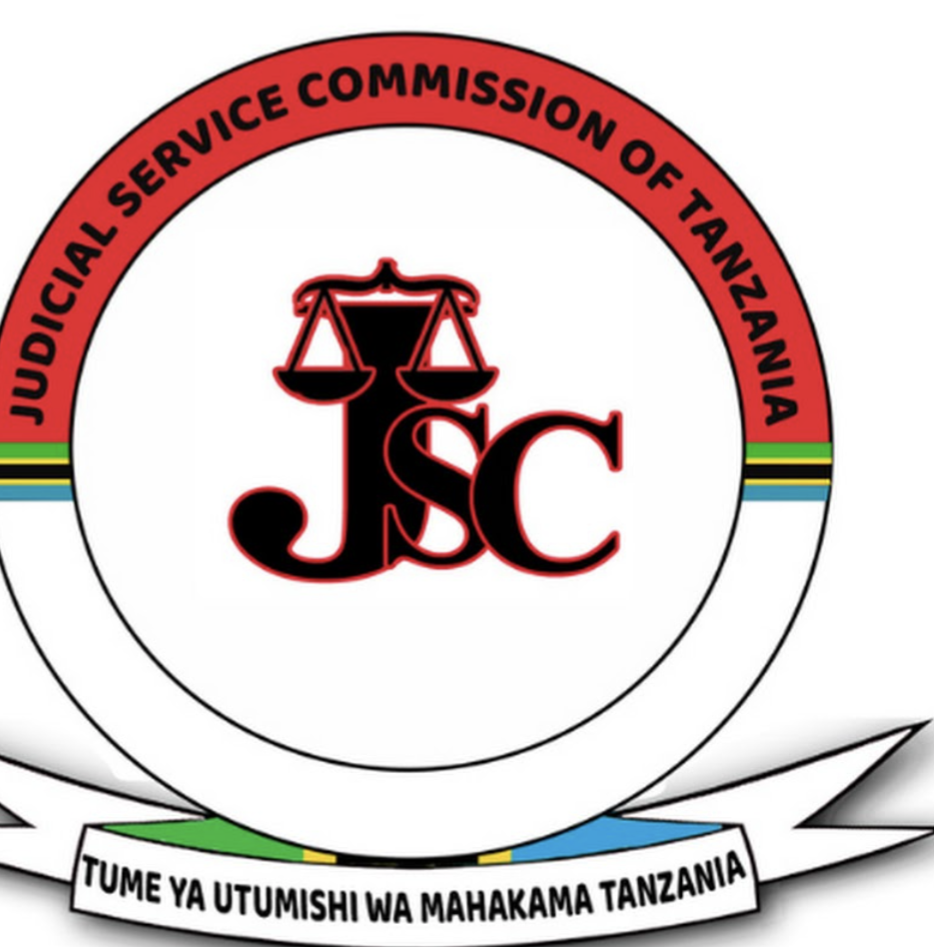The judiciary of Tanzania has its roots in the colonial era, beginning with the establishment of British colonial courts during the early 20th century.
After independence in 1961, Tanzania maintained a dual legal system influenced by both English common law and customary laws.
In 1977, the Constitution of the United Republic of Tanzania formally established the Judiciary as an independent branch of government.
The structure was further strengthened with the creation of the Court of Appeal, the High Court, Resident Magistrates’ Courts, and Primary Courts, providing a clear judicial hierarchy.
Over the years, reforms have been made to improve efficiency, access to justice, and judicial independence.
The Judicial Service Commission (Tume ya Utumishi wa Mahakama) is a constitutional body responsible for overseeing the recruitment, discipline, and promotion of judicial officers in Tanzania.
It ensures that the judiciary remains independent, professional, and effective in administering justice.
The Commission is chaired by the Chief Justice and includes members appointed by the President, such as senior judges and representatives from the legal profession.
It plays a critical role in upholding integrity and accountability within the judicial system, supporting the overall goal of delivering fair and timely justice to all citizens.







